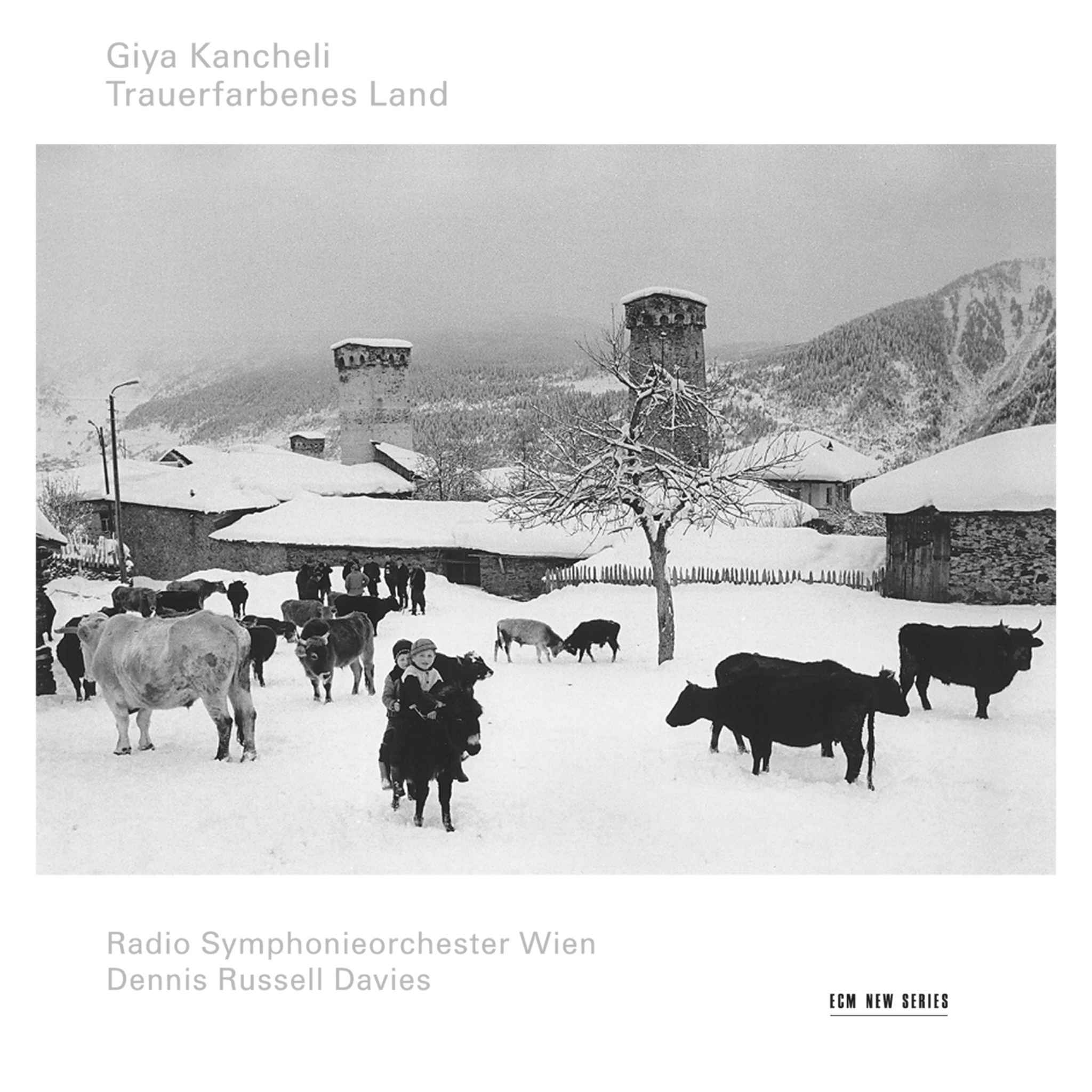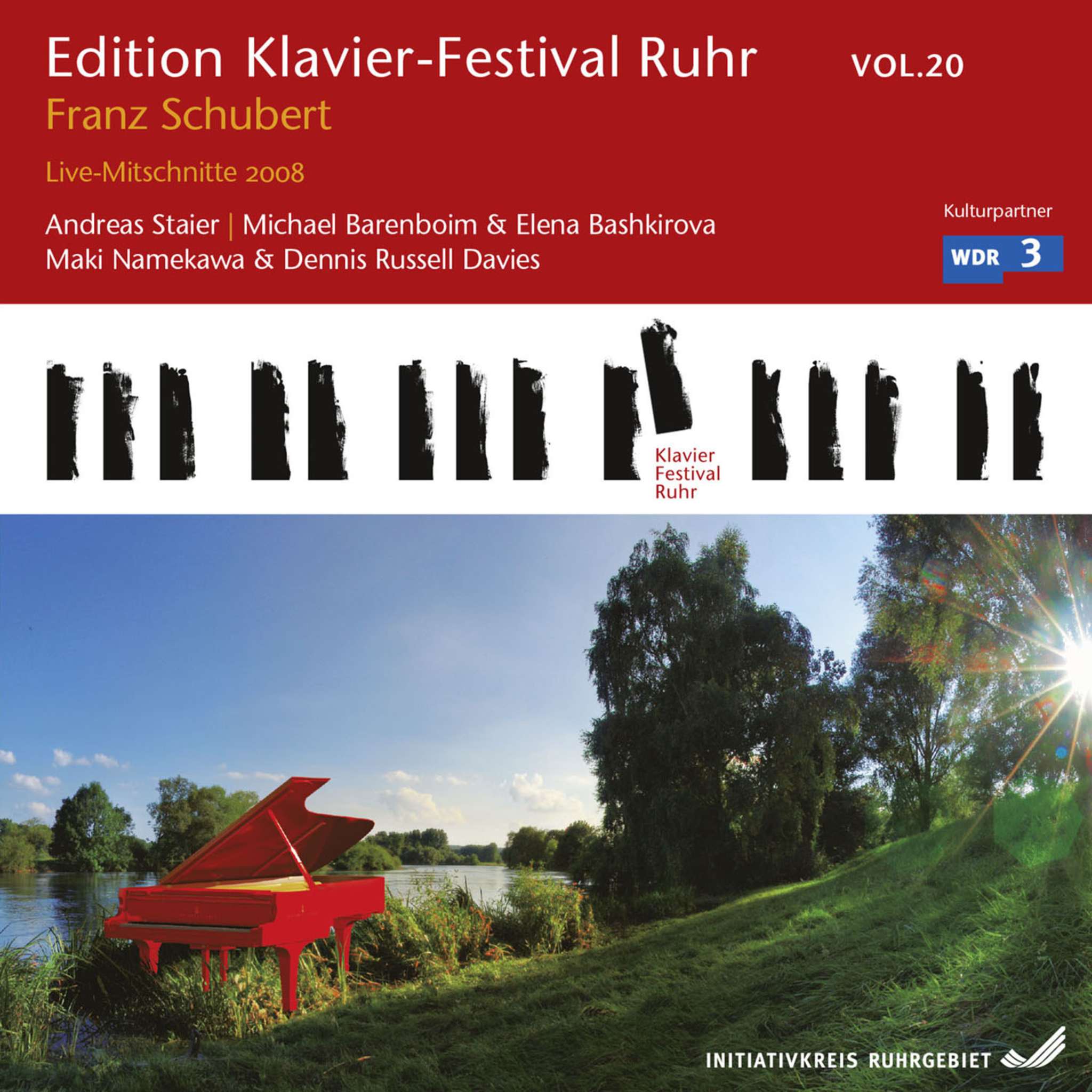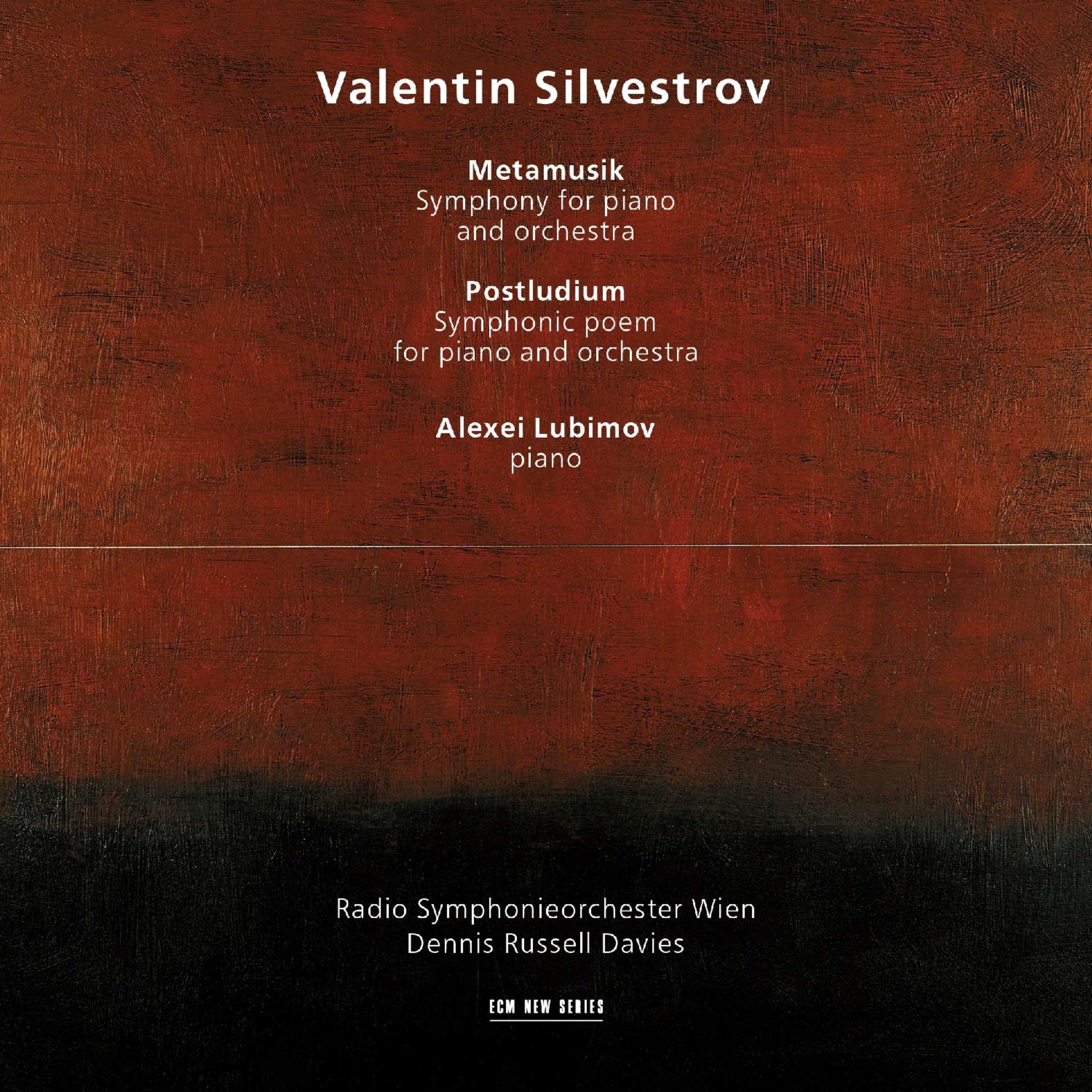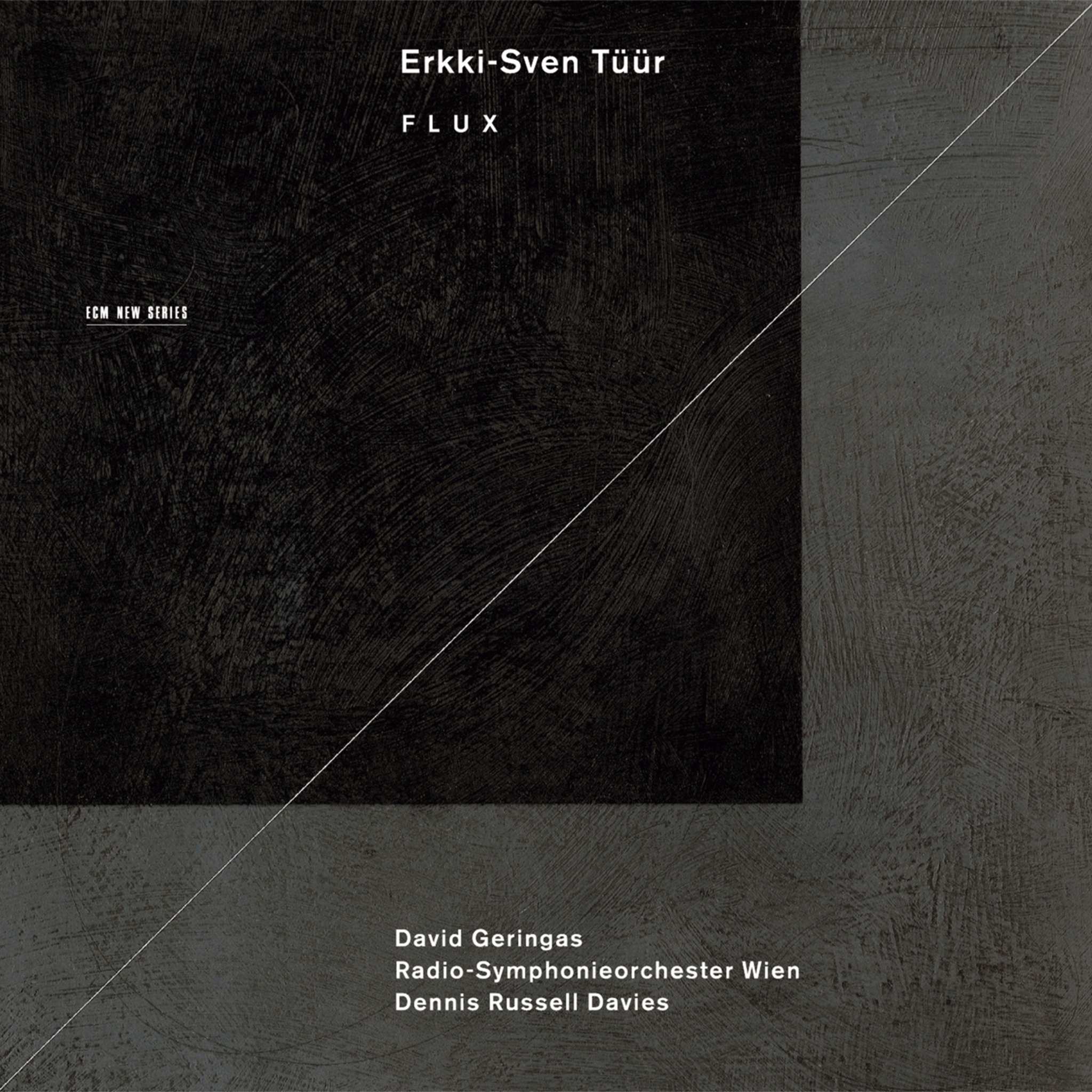Album insights
Friedrich Wieck transitioned from studying theology at the University of Wittenberg in the early 19th century to working as a private tutor for Freiherr von Seckendorf. In Leipzig, he found students with the help of influential friends and began composing music, even daring to dedicate songs to Weber for feedback. By 1818, he had a music lending library, a small piano rental business, and married Marianne Tromlitz, a talented singer and pianist. Their daughter Clara was born in September 1891.
After just eight years of marriage, Marianne left Wieck due to his controlling behavior. Wieck eventually gained custody of their four children, including Clara. Marianne then married Adolf Bargiel, Wieck's former colleague. Rumors of their affair circulated, but Wieck was blamed for any impropriety. Marianne's father urged Wieck to spend more time with Clara and prevent her from contacting Bargiel.
Bargiel, born to Marianne and Adolf in October 1828, learned music at home and later enrolled at the Leipzig Conservatory, recommended by Robert Schumann, who married Clara in 1840. Bargiel excelled as a composer, gaining recognition for his Octet for Strings, displaying honesty and enthusiasm. Bargiel, a respected teacher and composer, found success in Berlin and later became a music theory professor and director in Rotterdam, earning praise for his compositions during his lifetime. Woldemar Bargiel died on February 23, 1897.
A frequent standout at Crystal Palace performances, Mendelssohn's Scherzo from the Octet was well-received. Composed in 1825, the Octet was created in a room at Mendelssohn's family home in Berlin. Here, he crafted pieces and honed his musical skills, leading to the remarkable success of the Octet at just sixteen. Mendelssohn's dedication to his revered violin teacher highlights his attention to detail in the symphonic style he envisioned for the work.
Mendelssohn's Scherzo drew inspiration from Goethe's "Walpurgis Night" scene, lending a mystical and engaging quality to the piece, which captivated audiences at Crystal Palace performances. Dedicated to his mentor, the Octet showcases Mendelssohn's unique approach to instrumentation and orchestral style, setting it apart from contemporary chamber music compositions of the time.









